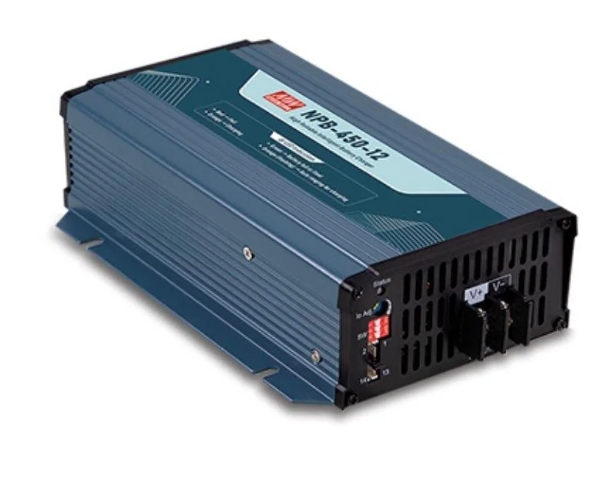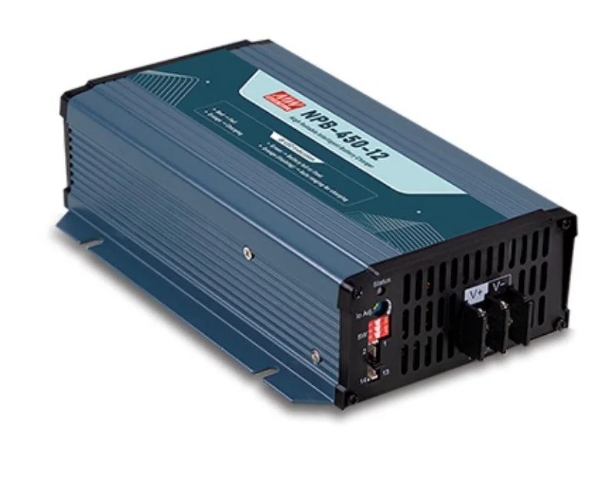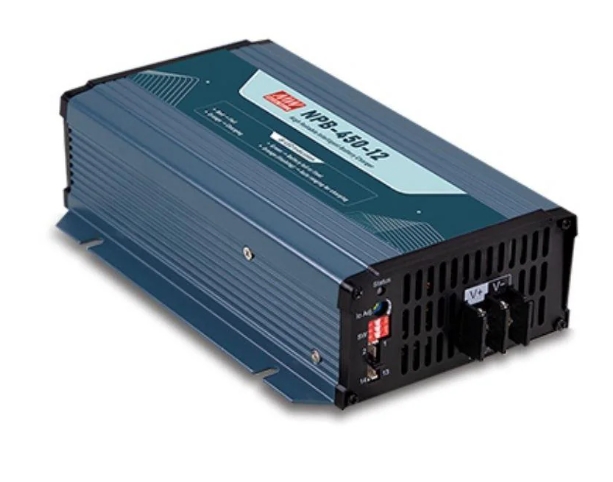ALL Electronic Components
Result: 3
Battery chargers are electronic devices designed to replenish the energy stored in rechargeable batteries. They play a crucial role in maintaining the functionality and usability of various electronic devices by restoring the charge levels of depleted batteries. Batteries chargers come in different forms and are tailored to specific battery chemistries and applications.
Key Aspects of Batteries Chargers:
- Compatibility: Battery charger is designed to be compatible with specific types of batteries, such as lithium-ion, nickel-metal hydride, or lead-acid batteries. Each type requires a specific charging profile to ensure safe and efficient charging.
- Charging Modes: Many batteries chargers offer different charging modes, including trickle charging, fast charging, and maintenance or float charging. These modes cater to various charging needs and help optimize battery performance.
- Smart Charging: Advanced battery chargers often feature smart charging technologies, including microprocessor-controlled charging algorithms. These technologies monitor battery status, adjust charging rates, and prevent overcharging, enhancing battery longevity.
- Voltage and Current Regulation: Battery chargers regulate voltage and current during the charging process to prevent damage to the battery. This regulation ensures a controlled and safe charging experience.
- Portable and Stationary Chargers: Depending on the application, battery chargers can be portable, designed for on-the-go use with devices like smartphones and laptops, or stationary, intended for larger batteries in electric vehicles, power tools, and renewable energy systems.
- Wireless Charging: Some modern batteries chargers employ wireless charging technologies, eliminating the need for physical connectors. Wireless chargers use electromagnetic fields to transfer energy to the battery, providing a convenient and cable-free charging experience.
- Input Power Sources: The battery charger can be designed for various input power sources, such as wall outlets, USB ports, or solar panels. This versatility allows users to charge batteries in diverse environments.
- Indicators and Displays: Many chargers are equipped with LED indicators or digital displays that provide information about the charging status, battery level, and any potential issues.




